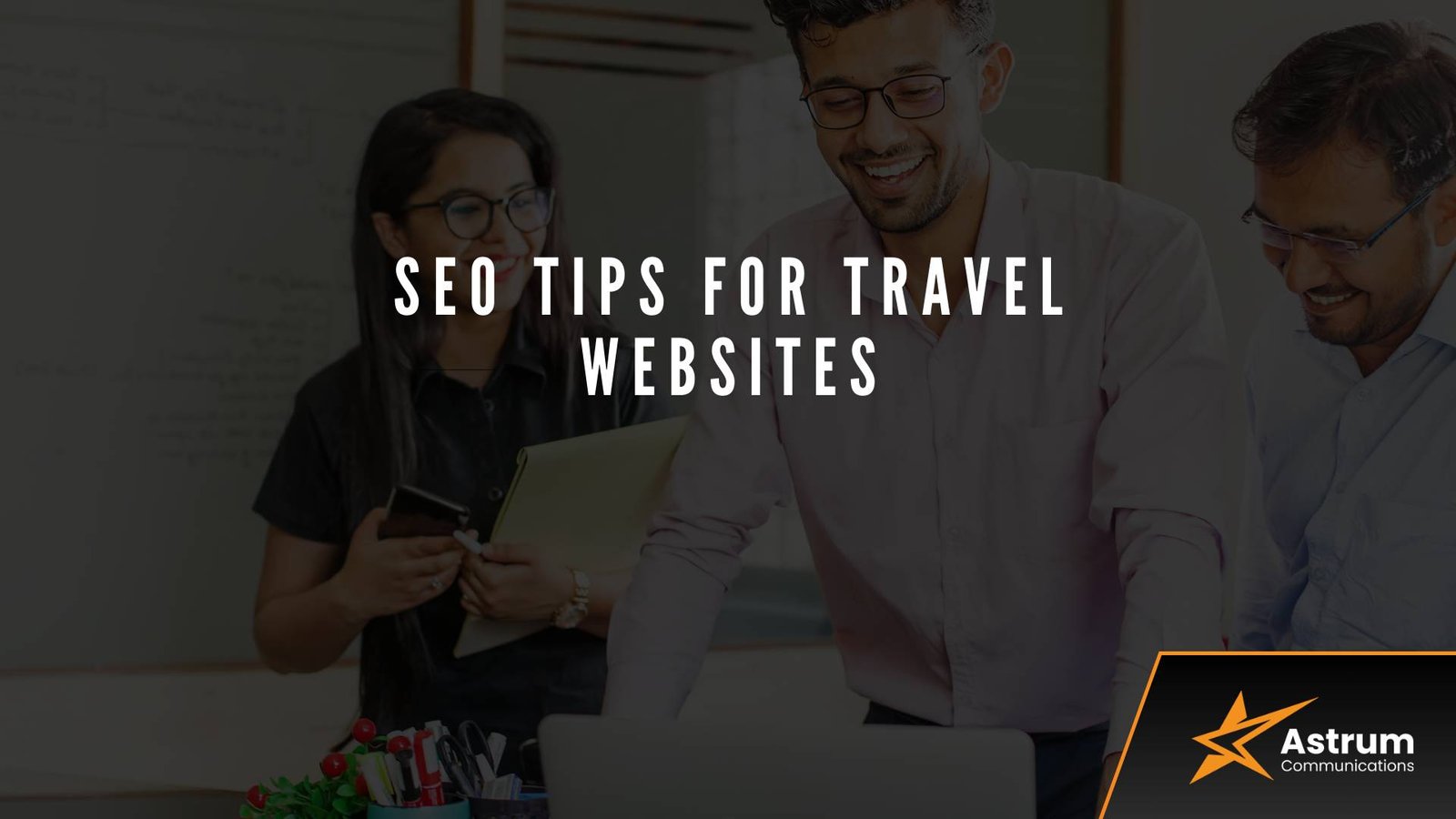Discover effective SEO techniques for travel websites that enhance visibility and user engagement. By focusing on topical authority and entity SEO, you can create valuable content that resonates with travelers, boosting your site’s credibility and search rankings. Start optimizing today to attract more visitors and enhance their experience.
Table of Contents
ToggleOptimizing Destination Pages with Keywords and Descriptions
Optimizing destination pages is essential for SEO in travel websites. Start by researching relevant keywords that reflect user intent, focusing on specific locations and activities. Ensure these keywords are naturally integrated into the page title, headers, and content to enhance relevance. Craft compelling meta descriptions that summarize the page and include primary keywords, enticing users to click through from search results.
Additionally, creating in-depth content about local attractions, culture, and travel tips establishes your site as an authoritative source on the destination. Use internal linking to connect related pages, which helps search engines understand the context and breadth of your content. By combining targeted keywords with informative descriptions, you improve your site’s visibility, attracting more visitors and boosting engagement.
Creating Content Around Travel Guides and Itineraries
Creating content around travel guides and itineraries is crucial for enhancing your website’s visibility in search engines. Start by identifying popular destinations and travel themes relevant to your audience. Use detailed, keyword-rich headings to improve readability and SEO. Incorporate local tips, must-see attractions, and unique experiences to establish topical authority and engage readers.
Optimize images with alt tags and ensure your content is mobile-friendly. Internal linking to related articles enhances user navigation and strengthens your website’s entity SEO. Encourage user interaction through comments or social sharing to increase engagement. Regularly update your guides to keep the information fresh, showing search engines that your site is a reliable source for travel advice. By focusing on quality content and SEO best practices, you can effectively attract and retain travelers seeking inspiration for their journeys.
Using Structured Data for Rich Snippets (FAQs, Reviews)
Using structured data can significantly enhance your travel website’s visibility in search results by generating rich snippets such as FAQs and reviews. By marking up your content with schema markup, you provide search engines with clear information about your site’s offerings, helping to establish your authority on travel topics. These rich snippets not only improve your click-through rates but also position your website as a trusted source of information within the travel niche. Implementing structured data supports entity SEO by connecting related topics, making it easier for search engines to associate your content with user queries. This approach reinforces your site’s relevance and expertise, ultimately driving more organic traffic and boosting your online presence in the competitive travel industry.
Building Backlinks from Travel Blogs and Directories
Building backlinks from travel blogs and directories is essential for enhancing your travel website’s SEO. These links help improve your site’s authority and visibility by connecting it to reputable sources within the travel niche. To start, identify relevant travel blogs and directories that align with your content themes. Engage with these platforms through guest posts, collaborations, or by submitting your site for inclusion in directories. This not only creates valuable backlinks but also positions your site as an expert in travel-related topics. Additionally, ensure your content is rich in keywords and topics that resonate with your target audience, which further boosts your topical authority. By focusing on quality backlinks, you’ll improve your site’s ranking and attract more organic traffic from users looking for travel advice and information.
Improving Site Speed and Mobile Experience
Improving site speed and mobile experience is essential for travel websites, as these factors directly influence user engagement and search rankings. A fast-loading website keeps visitors interested, reducing bounce rates and encouraging them to explore more content. Optimizing images and using efficient coding practices are key steps in achieving this. Additionally, a mobile-friendly design is crucial, given that many travelers browse on their smartphones for information on-the-go. Ensuring that your site is responsive enhances usability and builds trust. To boost your SEO, focus on relevant travel-related topics and establish your site’s authority in the industry by providing valuable content. Creating a seamless experience for mobile users not only satisfies search engine algorithms but also positions your travel website as a reliable resource for wanderlust seekers.
Adding User-Generated Content (Reviews, Testimonials) for SEO
Adding user-generated content, such as reviews and testimonials, is a valuable strategy for enhancing SEO on travel websites. By showcasing authentic experiences, these contributions not only enrich your content but also establish credibility and trust with potential travelers. Search engines recognize this genuine interaction, helping to improve your site’s topical authority in the travel niche.
Encouraging travelers to share their insights can create a diverse range of keywords and phrases that align with what potential visitors are searching for. This engagement can boost your rankings in search results and encourage longer page visits, signaling relevance to search engines. Overall, integrating user-generated content effectively helps you build a robust online presence while creating a community around your travel brand.
Updating Travel Deals and Packages for Fresh Content
Updating travel deals and packages regularly is essential for maintaining fresh content on your website, which can enhance your SEO performance. By incorporating current offers, seasonal promotions, and popular destinations, you establish topical authority and keep your audience engaged. It’s important to focus on relevant keywords, ensuring that your content aligns with what travelers are searching for. Use clear headings and bullet points to improve readability and help search engines understand your content structure. Additionally, include high-quality images and meta descriptions to boost click-through rates. Regular updates signal to search engines that your site is active, which can improve your rankings. Consistently refreshing your travel deals and packages not only attracts visitors but also positions your website as a trusted resource in the travel niche.
Conclusion
In conclusion, optimizing destination pages with relevant keywords and compelling descriptions is essential for enhancing visibility and engagement in the travel sector. By focusing on topical authority and entity SEO, websites can improve their relevance and ranking in search results. Creating informative, user-friendly content helps attract and retain visitors, ultimately leading to better conversions. At Astrum Communications, we specialize in helping travel businesses refine their online presence to maximize results. Let us partner with you to elevate your digital marketing strategy.


